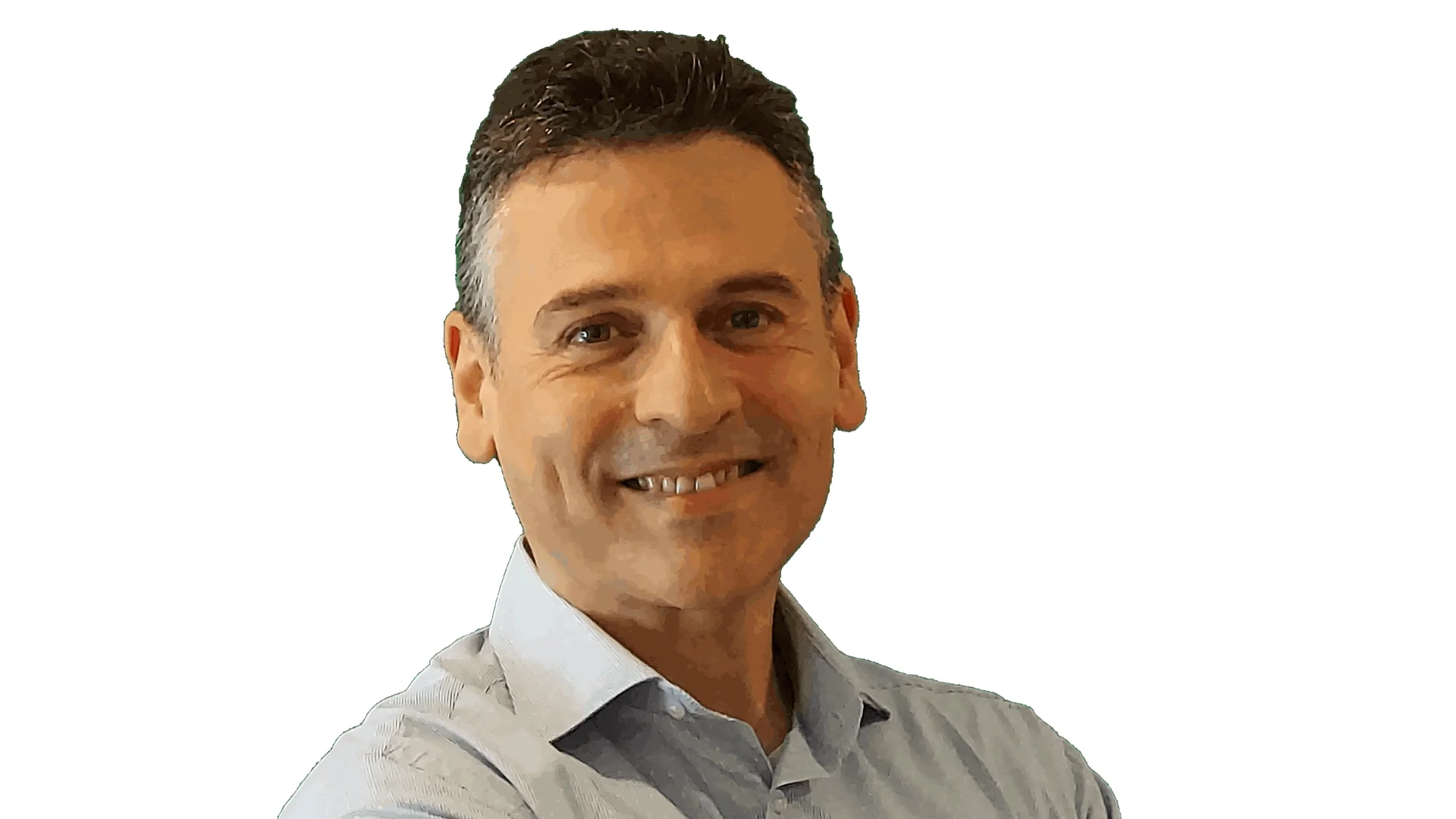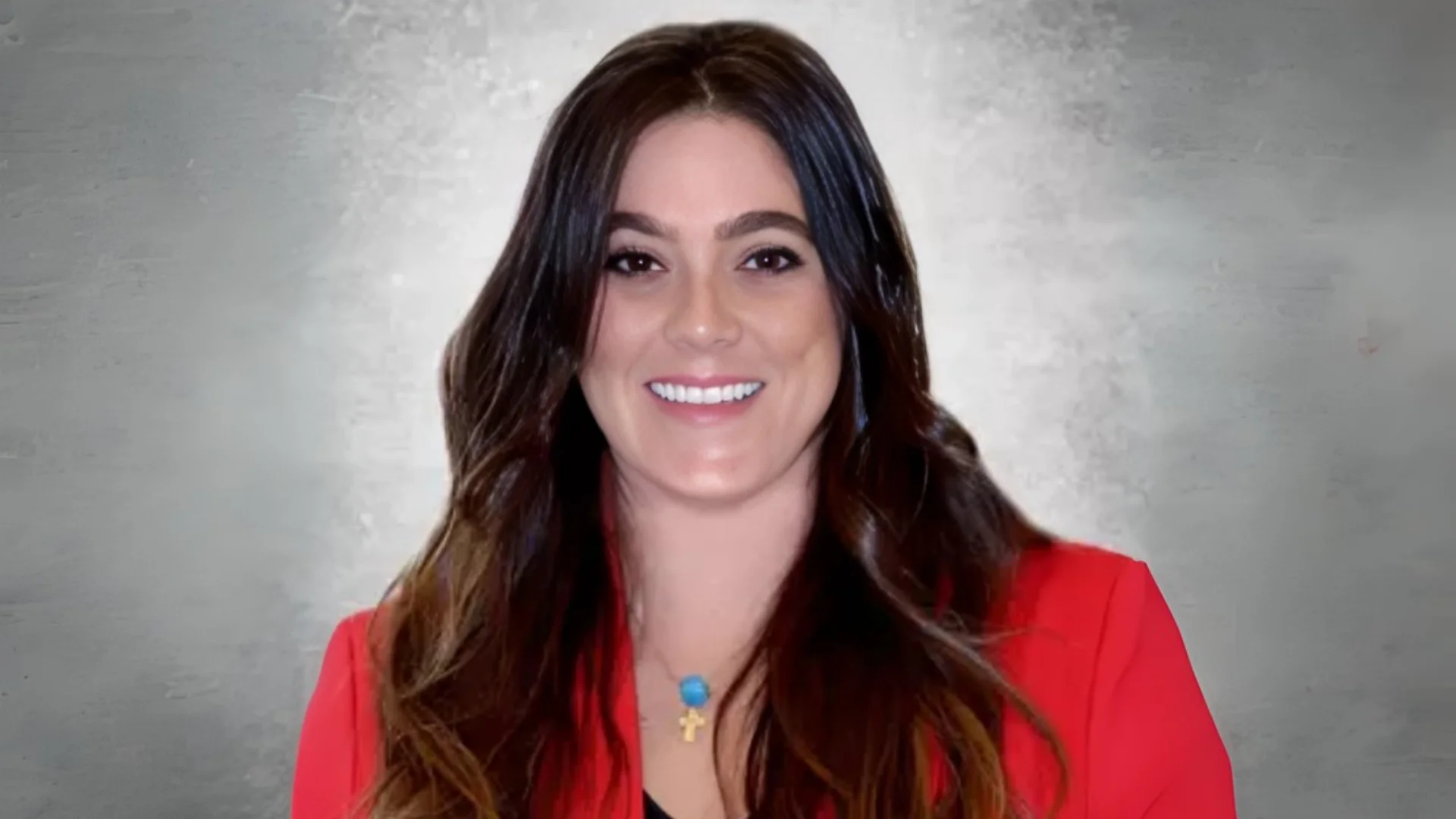
Giancarlo Crocetti, D.P.S., Assistant Professor of Computer Science, Mathematics, and Science | St. John University
St. John’s University is expanding its focus on artificial intelligence (AI), aiming to prepare students for changes in the workplace and society as AI becomes more integrated into daily life and professional settings.
“We’re focusing on using generative AI technology to help students understand how to live and thrive in a world shaped by it,” said Giancarlo Crocetti, D.P.S., Assistant Professor of Computer Science, Mathematics, and Science at The Lesley H. and William L. Collins College of Professional Studies.
Faculty are exploring applications such as personalized AI tutors and incorporating AI tools into coursework. The university wants students not only to use AI but also to contribute thoughtfully to its future development.
AI instruction at St. John’s distinguishes between machine learning—methods that allow computers to learn from data—and generative AI, which includes popular tools like ChatGPT. Dr. Crocetti explained that the university uses generative AI technology for research purposes and practical experimentation by students.
One project under consideration involves developing an AI-powered tutoring system tailored to individual student needs. “The research we are doing is to see if an AI tutoring system makes a difference in students who might struggle to succeed,” he said. “With an AI tutor, you can have a tutor for different aspects of a student’s journey.”
He added, “A teacher ‘agent’ can be specifically tuned to material that a professor has developed throughout the year, so that it’s almost a mirror of a professor and knows that professor’s approach to different content. So, it’s not just about the subject—it’s about the actual experience you have in the classroom.”
This technology could deliver tutoring in specific styles by drawing on curriculum materials or even writing samples provided by professors: “If I feed Shakespeare into the system,” he said, “it uses this sort of Old English style when it talks to students.”
Such systems may also assist undecided students with selecting majors based on their strengths and interests.
To further integrate AI into academics, St. John’s is updating existing courses with new modules focused on prompt engineering—the skill of crafting effective queries for guiding generative models—and replacing some outdated technology subjects with more current content related to artificial intelligence.
“The second step involves replacing several outdated technology subjects within a course with AI-focused content,” Dr. Crocetti said. “Finally, there are classes that specifically focus on generative AI where we never did before, such as building up particular AI agents.”
Generative AI will be featured in degree programs like the Master of Science in Data Science and new certificate offerings aimed at workforce upskilling will be introduced this fall as well.
“This fall, we’ll begin to introduce classes that have incorporated AI into them to the extent that they warranted the change of the course name,” Dr. Crocetti explained. This includes: CUS 640 Natural Language Processing and Large Language Models and CUS 756 Deep Learning Models in Machine Learning and Generative AI.
“In most courses, the first step for students is to learn how to use AI, not simply, ‘Oh yeah, I use Chat GPT.’ It’s more than that. The second step is to build AI systems, so in their software engineering career, in addition to building a website, they can create an AI-enhanced software platform.”
Despite these advances, foundational computer science topics remain part of St. John’s curriculum—including programming languages such as C and C++, object-oriented programming concepts, and algorithm analysis—alongside newer areas like artificial intelligence.
“That’s why the focus is on diversification,” Dr. Crocetti said. “We don’t want to put 100 percent of our efforts in one direction.”
Courses will also examine automation's effect on traditional job roles through case studies involving complete process automation—a concept known as having a "human in the loop." Dr. Crocetti used expense-tracking tools as an example: while automation can replace manual review processes with algorithms entirely handled by machines (“from A-Z”), people involved do not disappear; instead their responsibilities shift.
“We’re looking at what happens when an entire process—from A to Z—is replaced by AI,” he said...“Those people don’t go away but their roles will change."
The university emphasizes maintaining human involvement even as reliance on technology grows: "Everything you learn needs to be framed in a human process so that AI serves us—not the opposite," Dr. Crocetti stated."Don’t delegate too much to AI because joy comes from doing things—not from having it done for you."






 Alerts Sign-up
Alerts Sign-up